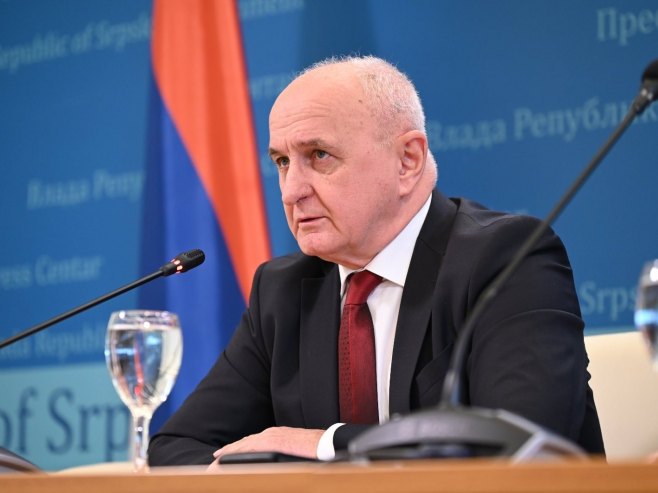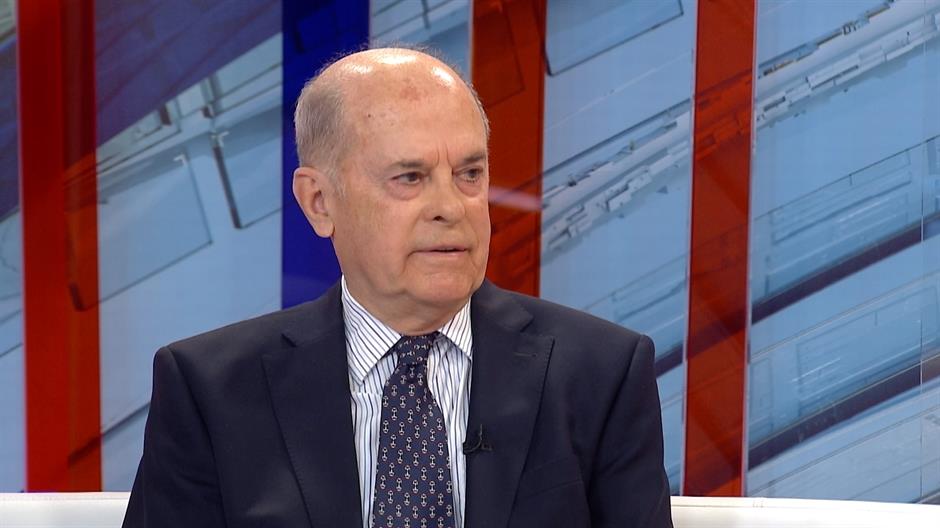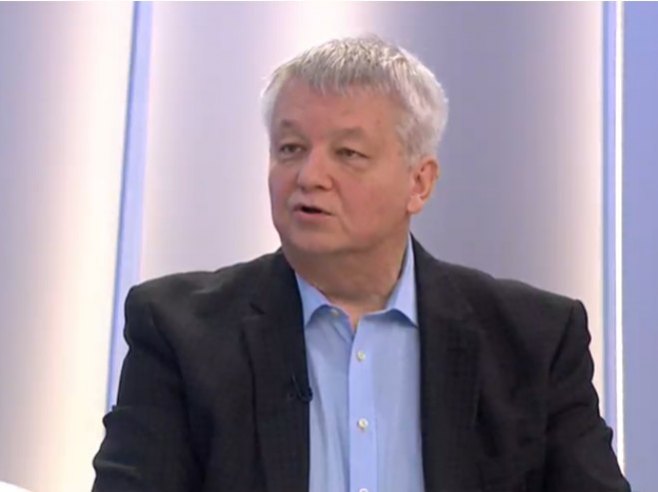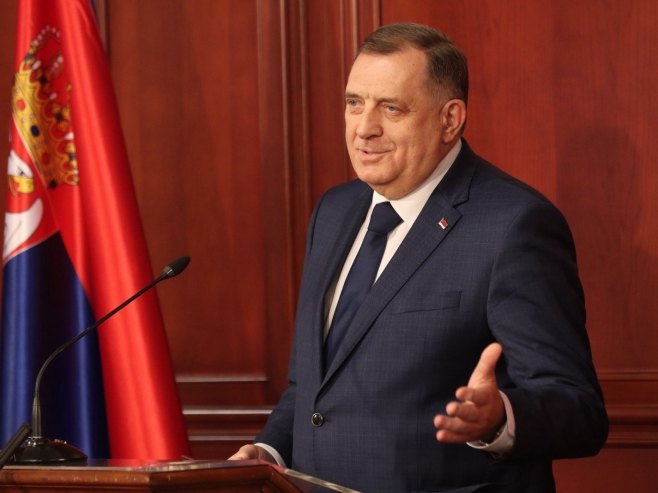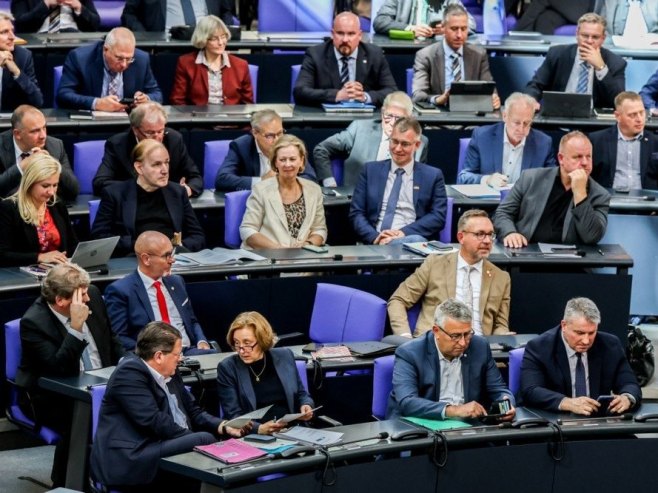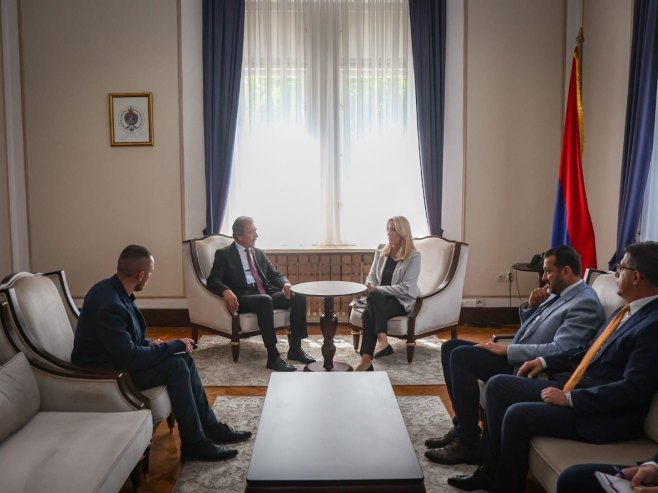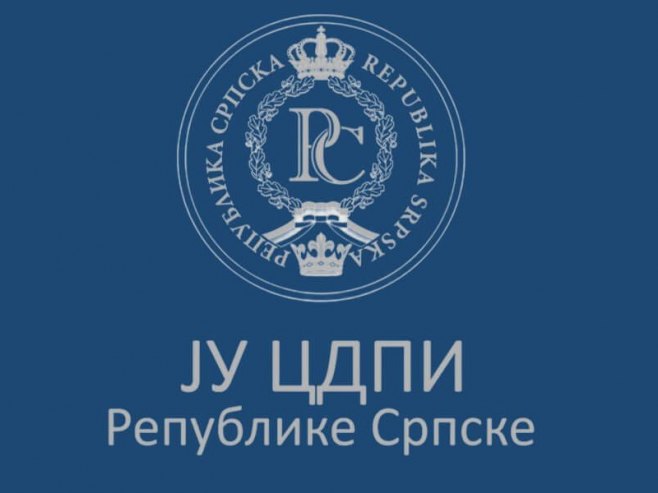Former diplomat Vladislav Jovanović stated that the positions expressed by Milorad Dodik, President of Republika Srpska, and Aleksandar Vučić, President of Serbia, regarding the potential consequences of the UN’s adoption of the Srebrenica resolution are a demonstration of Serb unity. He warned that those aligned against the Serb nation aiming for its complete anathematization could jeopardize the coexistence in Bosnia and Herzegovina (BiH).
“The decision and viewpoints of both presidents are logical. Were they not as such, it would beg the question of what the alternative would be—accepting these malevolent accusations and the label of ‘genocidal,’ with all the consequences that might entail in the coming years,” Jovanović told Srna.
He noted that the messages Dodik and Vučić conveyed last night after a meeting of officials from Serbia and Republika Srpska in Belgrade show the unity of the Serbian people and both Serbian national entities. This also serves as a warning to those united against the Serbs that handling this process through the UN General Assembly could trigger consequences difficult to predict.
“This is the ultimate caution and reminder not to gamble with the fates of peoples and individuals, but to consider things within the bounds of normal judgment, especially not to assault the prospect of coexistence among all three ethnic groups in BiH,” emphasized Jovanović.
He assessed that the peoples of BiH could live in accordance with the Dayton Peace Agreement, not just in peace but also in cooperation within entity institutions.
“However, since this has been abandoned since the beginning of the Dayton Agreement’s implementation, with ongoing revisions by all so-called high representatives of the international community in BiH, this represents a death blow, not just to the Dayton Agreement but also to the peace established after the wars,” Jovanović stated.
He highlighted that it is risky to gamble with this peace from any side and that it could lead to new and unpredictable difficulties.
“The fact that certain Bosniak leaders desire this type of total anathematization and pressure on Republika Srpska, and thus the entire Serbian nation, does not contribute to coexistence. On the contrary, it is the most dangerous way to ensure that coexistence does not occur and may even be jeopardized,” warned Jovanović.
He opined that the Serbian people and both Serb entities are faced with an impossible task, effectively threatened with exile from the civilized world, with all the consequent implications.
“The policy of the West to mark the Serb nation, which was initially scapegoated at the beginning of the conflicts in the former Yugoslavia, with a ‘genocidal’ stamp to isolate it from others, is a maneuver no nation could accept,” he added.
Jovanović asserted that this is based on highly problematic events from the past, related to the establishment of the problematic ad hoc International Criminal Tribunal for the former Yugoslavia (ICTY) and its focused prosecution on the “Serb issue,” while the issues of others were either completely ignored or sporadically prosecuted merely for appearance’s sake, leading to brief sentences followed by quick releases.
In response to whether Serbia or Russia could request a similar act regarding Turkey, Germany, the United Kingdom, or America if such a resolution were adopted, Jovanović stated that it was possible, but surely it could bring new problems to international relations and start a process whose end could be unpredictable.
He noted the crimes perpetrated primarily by major Western powers in all wars post-World War II and the millions of people who suffered due to their colonial conquests that involved mass genocides across various continents.
Jovanović cited the example of Turkey, which committed a true genocide against 1.5 million Armenians, acknowledged by 20 Western countries and Russia. He also mentioned Turkey’s actions towards the Kurds, suggesting that Turkey, Germany, and various other Western countries filled with colonial injuries to morals and laws are not the best candidates to support claims of genocide in Srebrenica.
Source: RTRS

